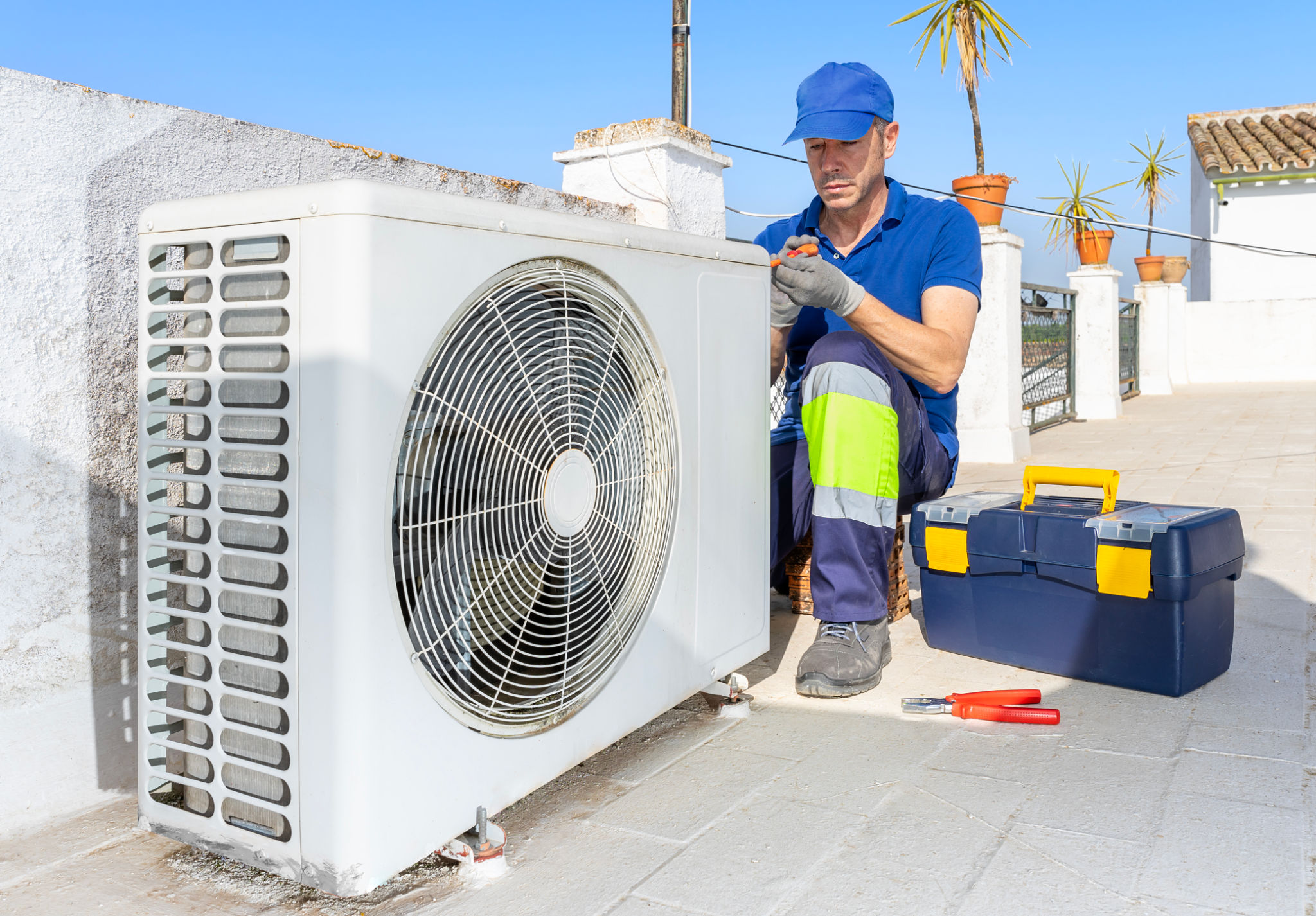Expert Advice: Preventative Care for Industrial Air Compressors
Understanding the Importance of Preventative Care
Industrial air compressors are the backbone of many manufacturing and production operations, powering a wide range of tools and processes. Ensuring their reliability and efficiency is crucial for minimizing downtime and maximizing productivity. This is where preventative care comes into play, offering a proactive approach to maintaining your equipment's health.
Proactive maintenance can significantly reduce the risk of unexpected breakdowns. Regular checkups and timely interventions not only prolong the lifespan of the compressors but also lead to cost savings by avoiding expensive repairs. It's essential to integrate a comprehensive maintenance strategy into your equipment management plan.

Key Components to Monitor
When it comes to preventative care, it's vital to focus on key components that are most prone to wear and tear. These include:
- Filters: Regularly inspect and replace air intake filters to prevent contaminants from entering the system, which can cause significant damage over time.
- Lubrication: Ensure that your compressor is properly lubricated to reduce friction and prevent overheating, which can lead to component failure.
- Belt Tension: Check the tension of drive belts regularly, as loose or worn belts can lead to inefficiencies and increased energy consumption.
By paying close attention to these components, you can prevent minor issues from escalating into major problems.

Implementing a Maintenance Schedule
The foundation of effective preventative care lies in establishing a consistent maintenance schedule. Depending on your compressor's usage and environment, this schedule might include daily, weekly, monthly, and annual tasks. Here is a simple guideline:
- Daily: Check for any unusual noises or vibrations, and ensure all gauges are operating within normal ranges.
- Weekly: Inspect hoses and connections for leaks or damage, and drain moisture from air receiver tanks.
- Monthly: Clean or replace air filters and inspect safety relief valves.
- Annually: Conduct a comprehensive inspection by a certified technician to assess overall system health.
Following this schedule helps maintain operational efficiency and prolongs the life of your equipment.

The Role of Training and Expertise
While routine checks can be handled by in-house staff, it's crucial to involve trained professionals for more detailed inspections and repairs. Technicians with specialized knowledge can identify issues that may not be apparent to the untrained eye, ensuring that any potential problems are addressed promptly.
Investing in staff training can also empower your team to perform basic maintenance tasks effectively. This not only enhances safety but also boosts confidence in handling equipment appropriately.
Utilizing Technology for Better Maintenance
The advent of smart technology has revolutionized equipment maintenance. Integrating IoT devices with air compressors allows for real-time monitoring of performance metrics such as pressure levels, temperature, and vibration patterns. These insights enable predictive maintenance, where potential failures can be anticipated and addressed before they occur.
Embracing technology not only optimizes maintenance processes but also contributes to overall operational efficiency and cost-effectiveness.
The Benefits of Preventative Care
The benefits of preventative care extend beyond just reducing repair costs. It enhances energy efficiency, ensuring that compressors operate at optimal performance levels. Additionally, it contributes to a safer working environment by minimizing the risk of equipment failure-related accidents.
Ultimately, a well-maintained compressor system leads to better production reliability, allowing businesses to meet their operational goals without unexpected interruptions.
Conclusion
Pursuing preventative care for industrial air compressors is an investment in the success and longevity of your operations. By understanding the importance of regular maintenance, focusing on critical components, adhering to a structured maintenance schedule, leveraging technology, and involving expert professionals, businesses can ensure their compressors remain reliable workhorses for years to come.
